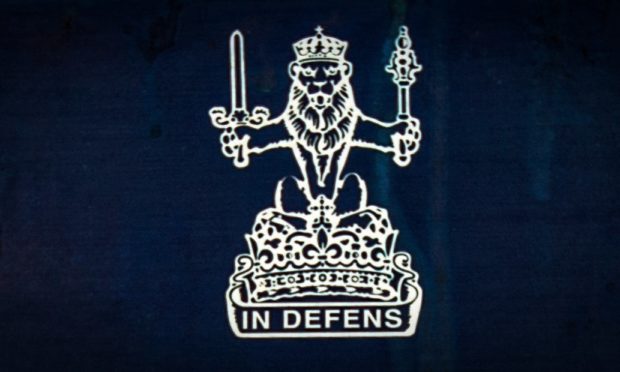A student who was found guilty of an indecent assault aboard a yacht at Oban had his conviction overturned yesterday after a sheriff at his trial blundered by repeatedly referring to the woman as a “victim” before a jury returned its verdict.
Giovanni Passamonti had been put on the sex offenders register and ordered to carry out 300 hours unpaid work. Passamonti, 22, had denied sexually assaulting the woman in October 2012 on a yacht moored at Dunstaffnage Marina.
It was alleged that while she was asleep and drunk he climbed into a sleeping bag with her, kissed her and carried out a sex act.
Oban Sheriff Court was told that the alleged incident happened after drinking games involving members of a university sailing club. Passamonti, of Nicolson Street, Edinburgh, was found guilty last year and Sheriff Douglas Small told him it was “an extremely serious offence” which could well have ended up with a custodial sentence.
But defence lawyers acting for the first offender challenged his conviction at the Court of Criminal Appeal in Edinburgh.
Judges were told yesterday that the Crown was not opposing the appeal against conviction based on two grounds critical of the sheriff in his final address to jurors before they considered their verdict.
Defence lawyers maintained that throughout his “charge” to the jury, Sheriff Small referred to the woman as “the victim”.
It was claimed that this was prejudicial to Passamonti’s position.
The sheriff had directed the jury not to allow sympathy to play a part in their decision, but it was maintained that the repeated reference to her as “the victim” was likely to have led the jury not only to take a sympathetic view of her, but also to conclude that an offence had been committed.
The defence also said that the sheriff erred in law by failing to give the jury directions over how to deal with a statement which is partly exculpatory and partly incriminating.
Advocate depute Iain McSporran told Lord Brodie, sitting with Lord Bracadale and Lord Drummond Young, that the Crown took the view that it should not oppose the appeal.
